Southern France: Organic Farms Struggle Through Recession
The challenges of organic farming in rural France
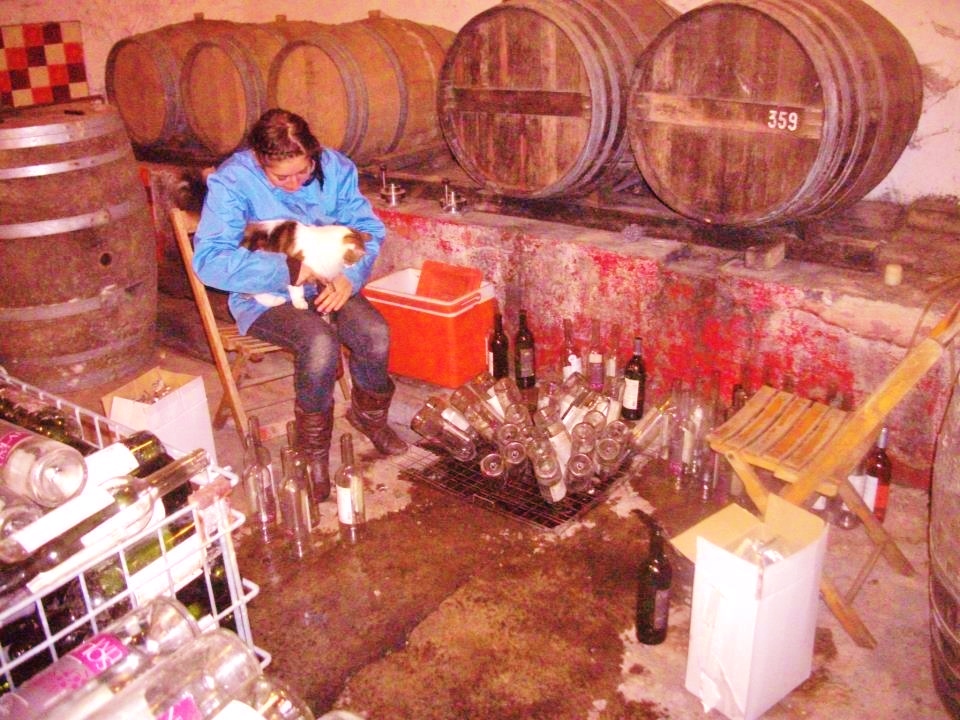
Many volunteers on organic grape farms in Provence pass their days weeding withering vines and emptying casks upon casks of old wine as local vignerons become bankrupted and no longer able to make their living in the wine industry.
Organic farming is the cultivation of land without the use of artificial fertilizers and involves green manure, crop rotation and compost or in the case of pastoral farming, the rearing of livestock in natural open environments free from chemicals, genetic modification or genetic breeding. The employment of green manure and compost provides a sustainable mode of farming the land that prevents the build-up of toxic waste; crop rotation not only ensures land is re-usable and not exhausted from intensive farming but also enriches soil and prevents flooding, whilst the lack of artificial pesticides, chemicals and animal medicines involved limit the potential of produce to be cancerous and significantly reduce acid rain and pollution; in short, the benefits of organic farming to human health, the water cycle and the ecosystem are multifarious.
However, the recession continues to deepen its destructive roots in countries throughout Europe; spending power has dropped to its lowest since 1984 in France and although consumers may be open to leading eco-lifestyles, many simply cannot afford the burdening costs of purchasing organic produce. Despite substantial funding for eco-farming from the French government and international farming networks such as the World Wide Opportunities on Organic Farms, which provide farms with volunteer workers, as economic pressures increase, the labour intensive nature and low productivity of this mode of agriculture means organic farmers and winemakers continue to find it a challenge to make ends meet and several fall bankrupt or renounce organic farming methods in favour of the more profitable and less labour intensive inorganic farming. Organic farmers in the south- such as those from Minervois like François Gardey de Soos, whose brother lost his farm due to financial non-viability and is all too aware of the low profit margins- determinedly continuing in the domaine of organic farming at their own financial peril are forced to go door to door to sell produce as a means of pleading with consumers to support the local community; making many wonder just why more is not being done to help these local agriculteurs on their quest to protect the environment.
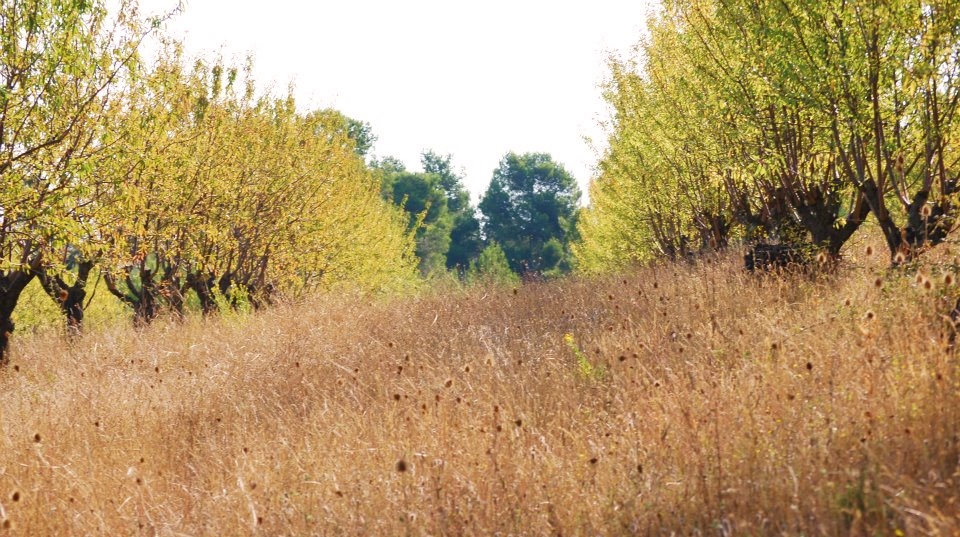
Almond fields in rural villages near Carcassonne remain heavily overgrown and unharvested as organic farmers unable to cope with market rivalry from their higher producing inorganic competitors, struggle to employ labourers and reap profits from their produce.
Just how beneficial really is organic farming to the environment? Is the yield of organic farming too low to supply produce on a global scale? Should more be done to promote the purchase of organic goods? Will southern France lose its traditional farming and winemaking culture to multinational corporations? Should the French government do more to aid struggling agriculteurs in the organic farming industry? Is the government already investing too much into the organic farming industry?
If you’d like to read up on organic farming you may like to have a look at the following pages on agriculture in France, changes in E.U. policy that benefit multinationals rather than local farmers, debates on whether or not the E.U. subsidy reforms can encourage greener farming, whether organic farmers could survive without subsidies and whether organic farming is feasible on a worldwide scale.
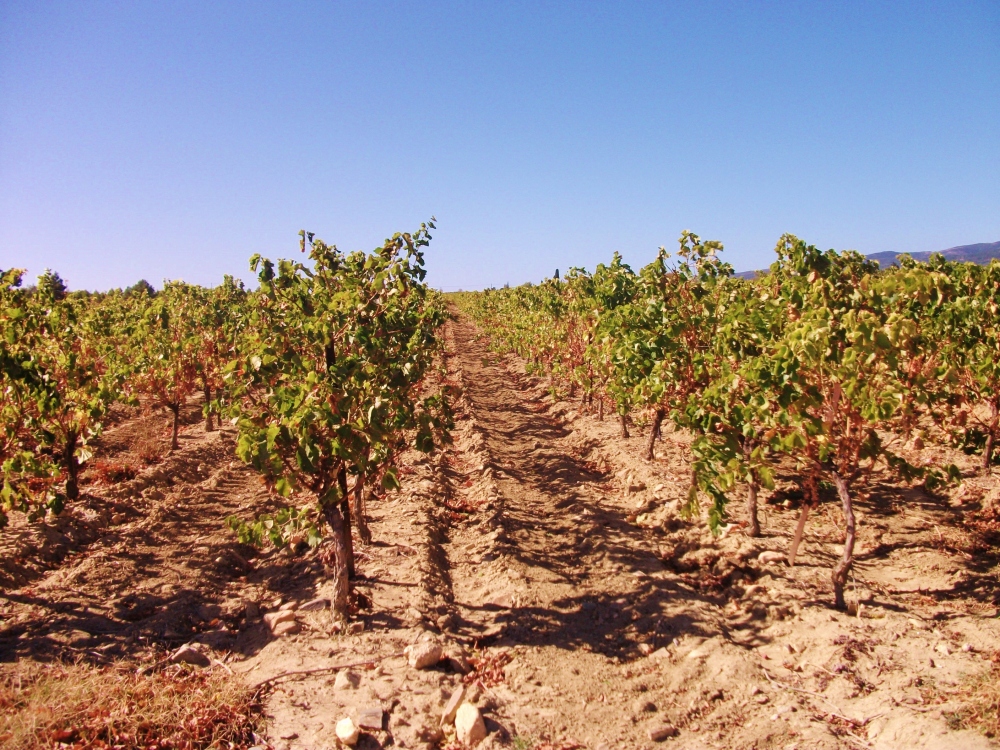
Grape vines bear the weight of France’s scorching southern sun on their leafy shoulders as summer commences.

Undulating sun-soaked hills and small quaint farms characterise the south; the quiet serenity of the slow-paced agricultural life of southern France offers a stark contrast to the commercialist and spirited urban lifestyle of its northern counterpart.
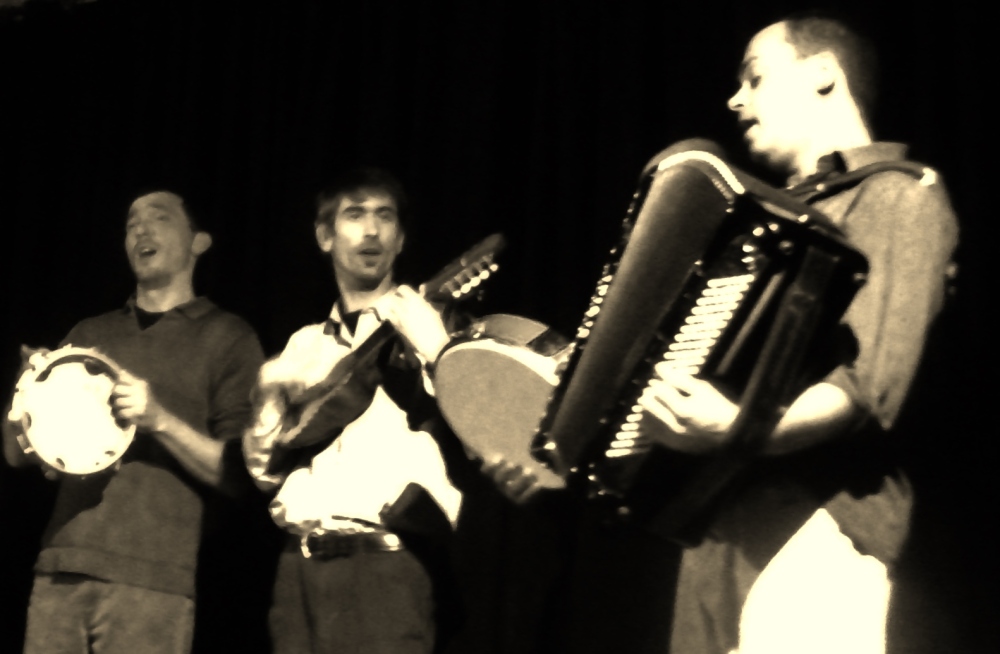
The welcoming beat of traditional culture threads into southern living as musicians play in the local language of Occitan.

French southern countryside near Toulouse provides breathtaking views of the vast mountain range that attracts countless snow sports enthusiasts each year as summer draws to a close.
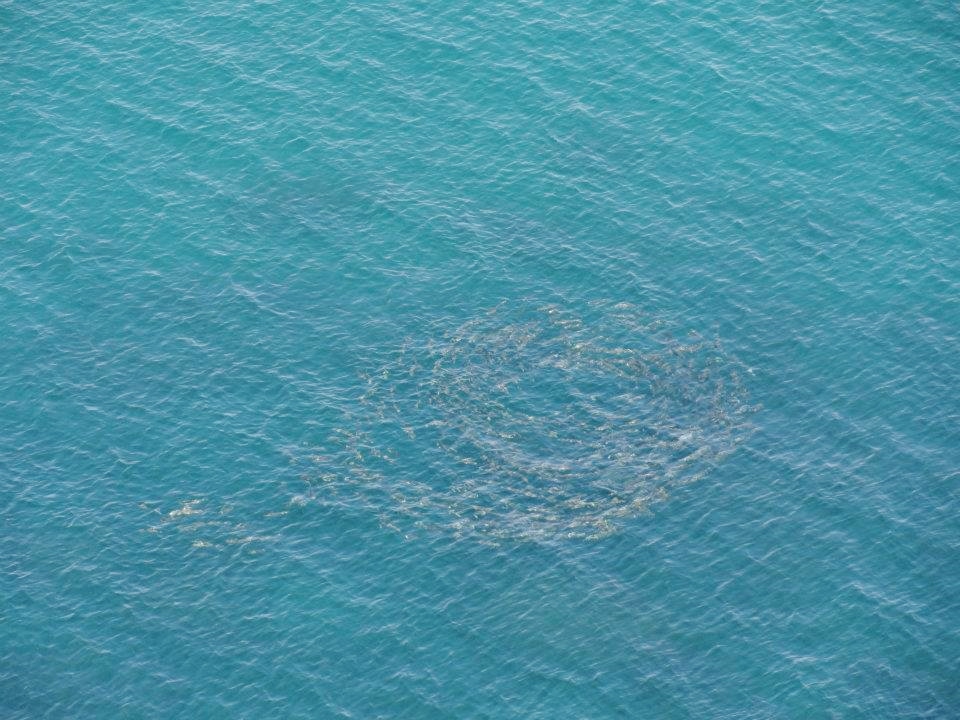
Off the coast of Perpignan in early winter, the fresh azure waters of the Mediterranean sea are so clear on some days that mesmerising silver swirls can be sighted as schools of fish cautiously broach the shore.
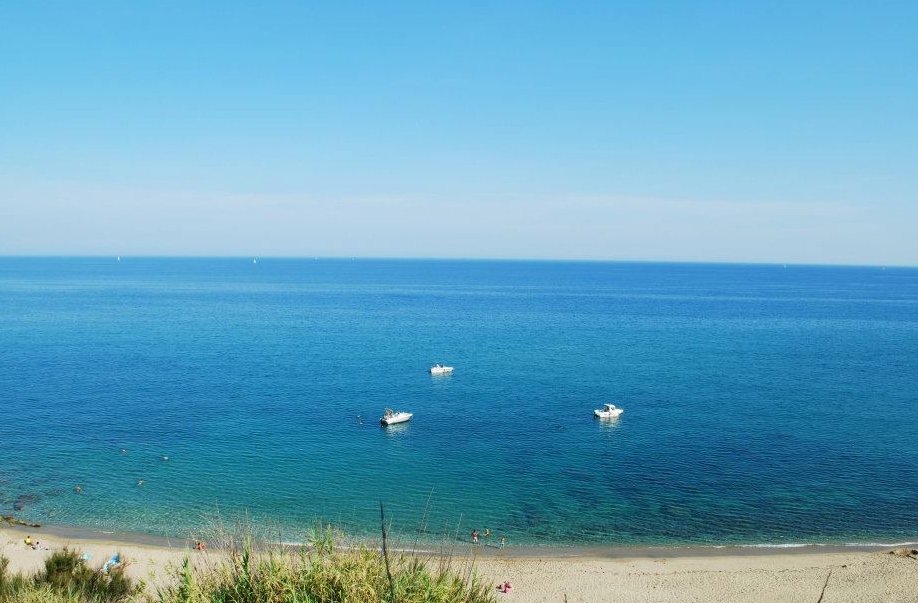
Global warming gives its winter warning on the southern coast of France as the Mediterranean waters continue to bask in the glow of a warm golden sun in late-november.

50 years ago Bernard’s newly polished army boots took their very first steps away from a small village on the outskirts of the Pyrenees. Bernard said farewell to the farm that he had grown up on and to the parents who had raised both him and the thriving trees and crops that had encircled his childhood.
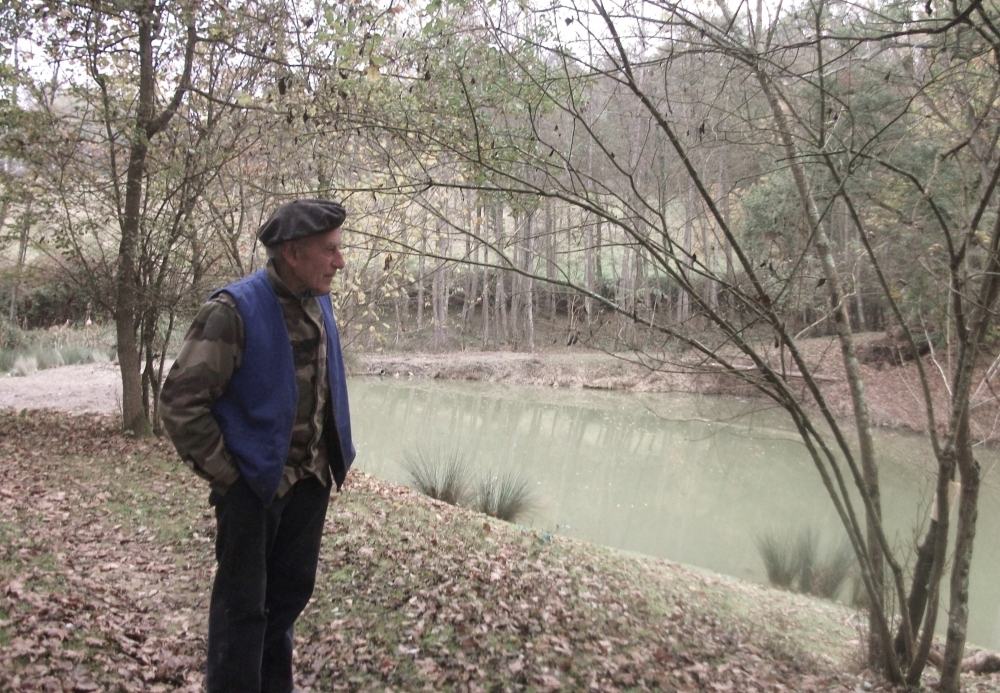
50 years later, nature has outlived his parents but their legacy remains. Bernard finds himself a beekeeper and organic vegetable farmer on that very same farm, tending to the same trees and plants that his father and his father’s father had cared for before him. Left without any family of his own, these trees are his forefathers, they are also his children.
Some informative blogs for those wishing to gain a more in-depth knowledge of organic farming and the international organic farming network W.W.O.O.F.: WWOOFing in France, Myblueeyeswithoutblinders and Farmviability.
Related articles
- Organic sellout: USDA guts organic rules to protect mega-farms (mercurynews.com)
- Saramaccan Organic Farming (groundupproject.net)

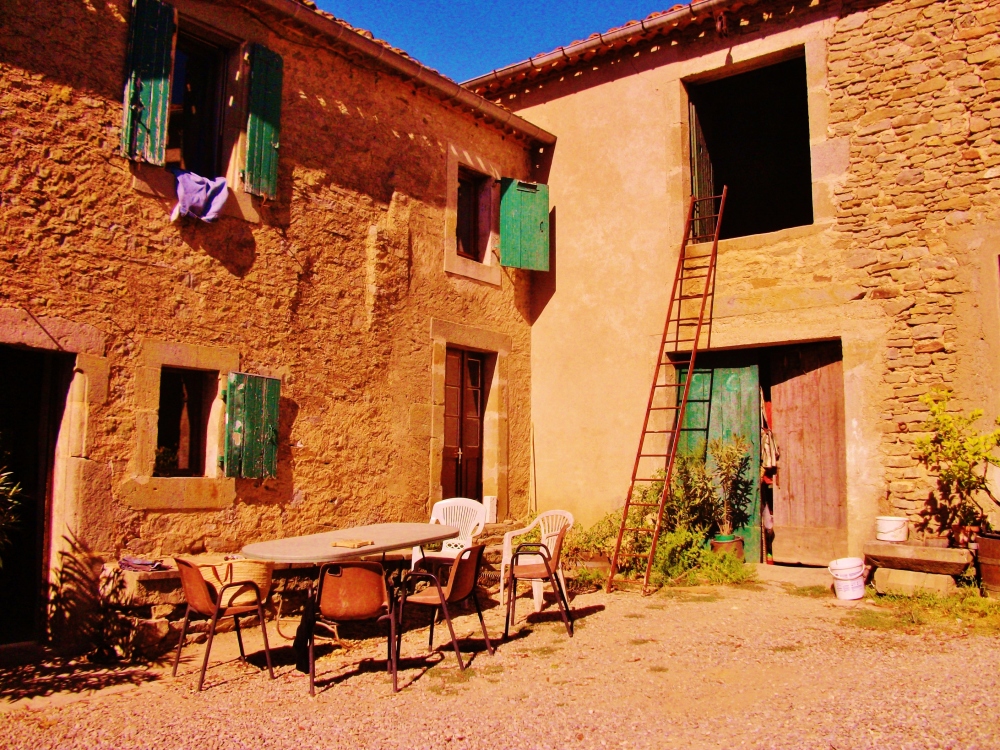
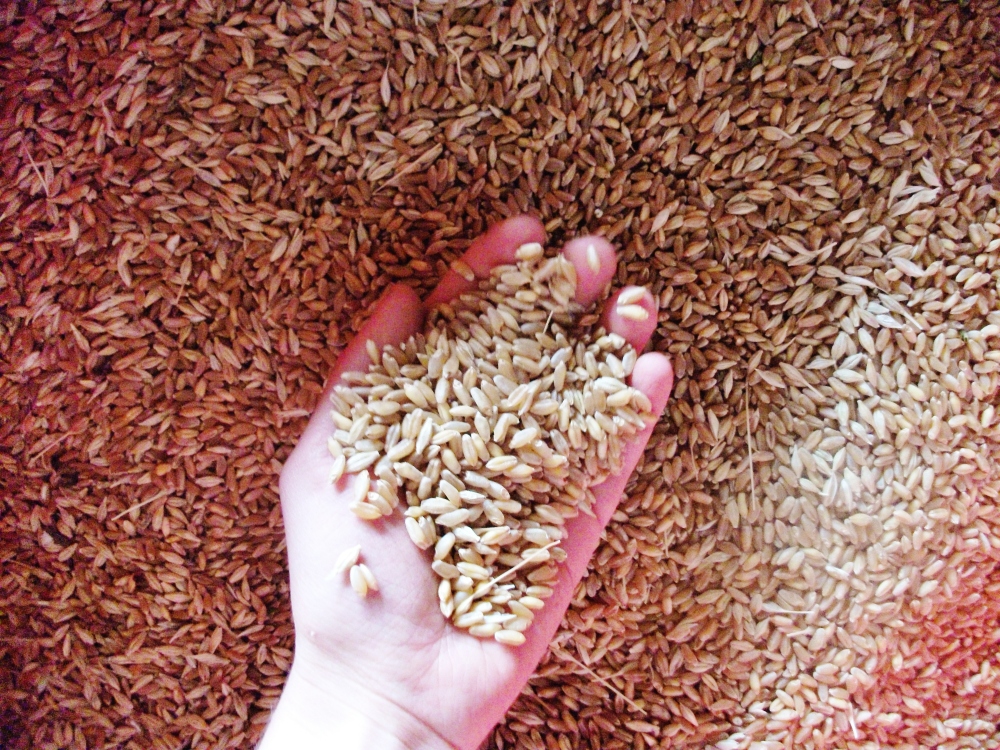
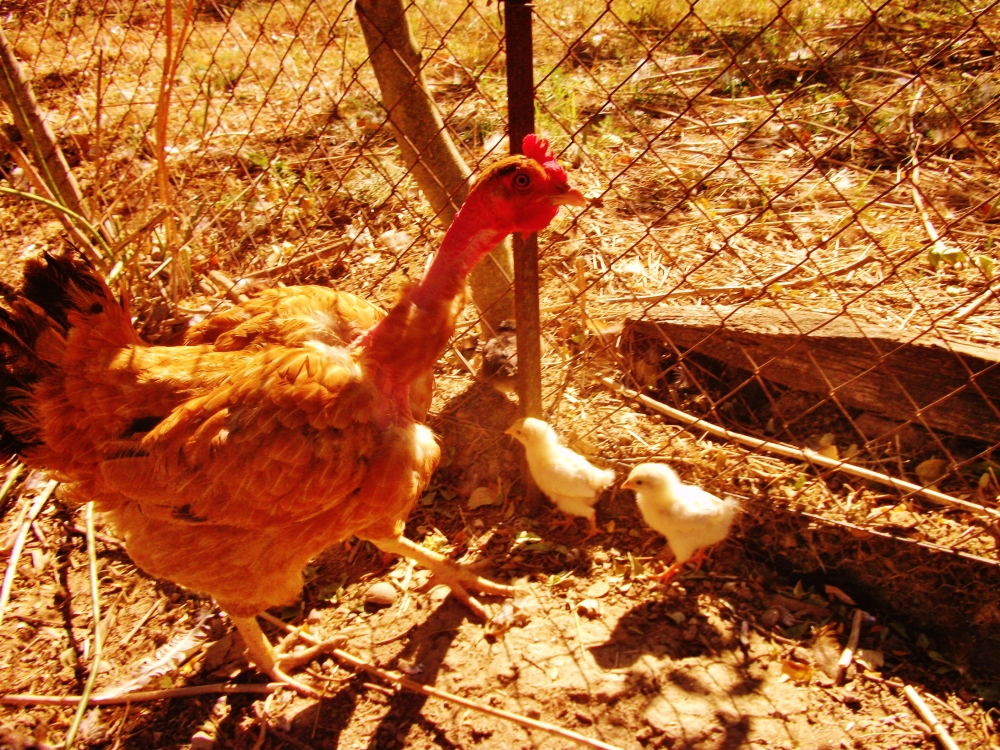
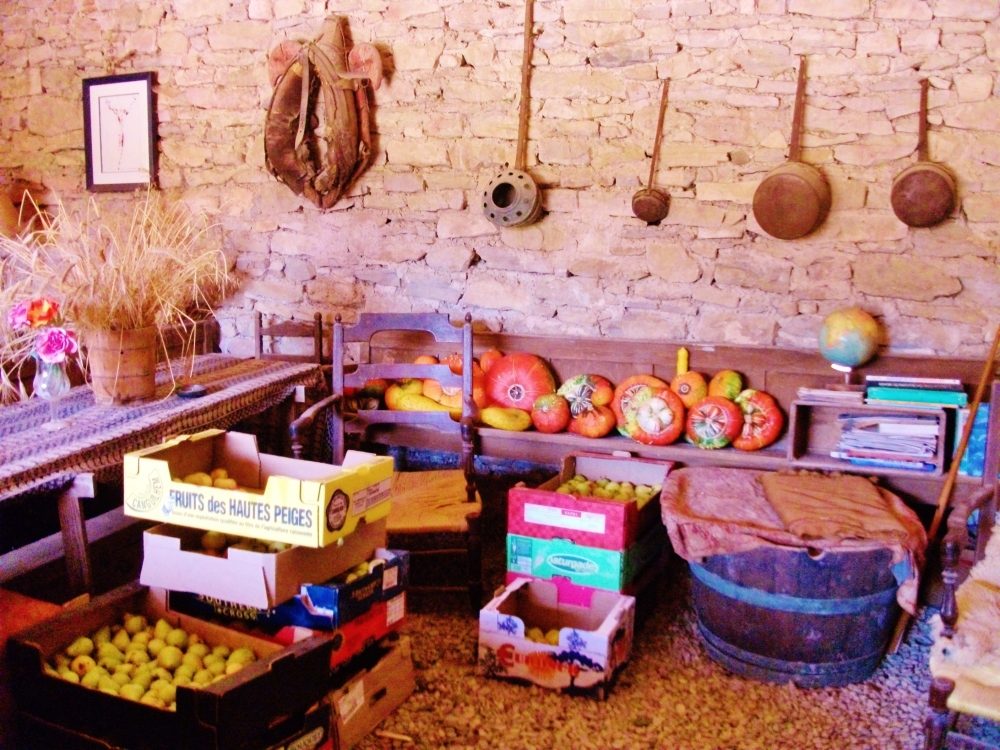
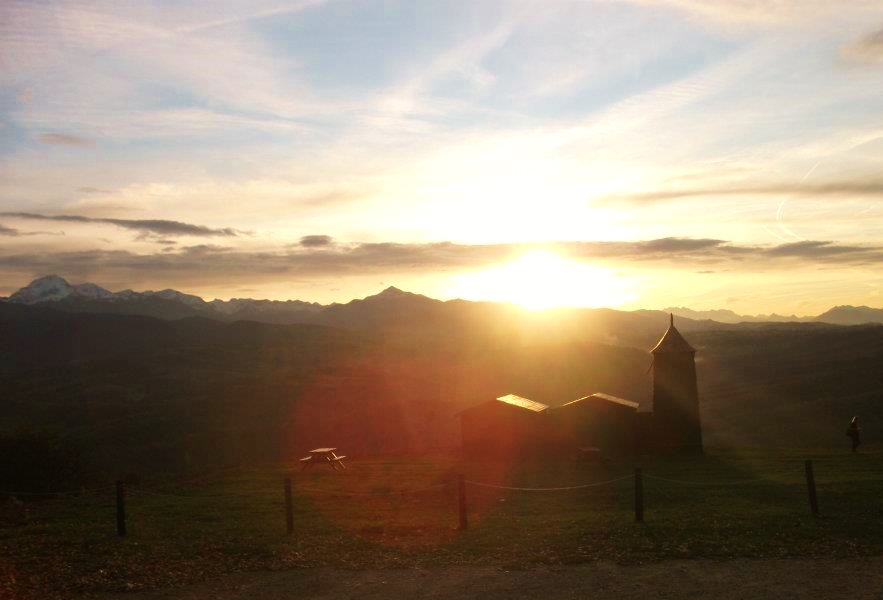
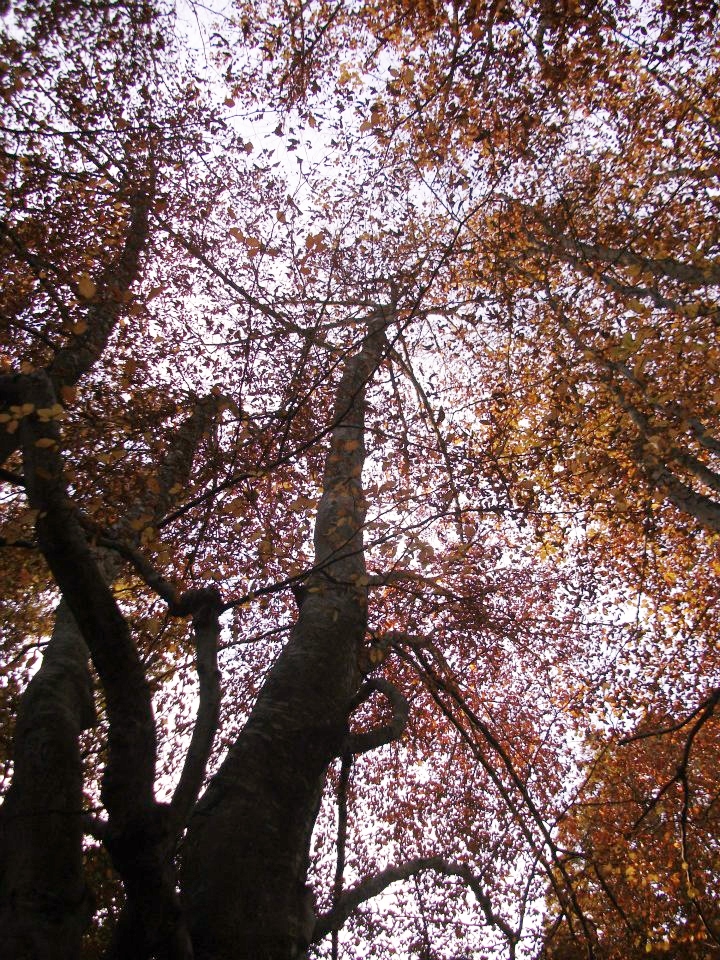









I see you are a fellow Traveler. Welcome to the Club. Remember, it’s not the goal but the journey that matters. At the end of life you will be able to say you have lived fully.
As a person suffering from Multiple Chemical Sensitivities — I would love to see ALL farms be organic. Thank you for bringing the plight of organic farmers to light and thank you for following my blog. 😀
Beautiful photos. Thank you for posting this informative piece 🙂
It’s always a hard road to progress when the industries supporting any major portion of our daily lives is in the process of transforming; each new development or advancement or evolutionary step has to find ways to compete with the mass acceptance and continued mass promotion of what is already in place. Until the few who can afford the luxury of the latest iteration, whether it’s an electronic gadget, an educational system, a farming technique or anything else, demand enough of it to make it more available, few others even get to know they exist, let alone to buy into them. Even in non-capitalist cultures, the process seems to remain similarly complicated.
Organic farming is so needed to help us all get healthy again. With all the GMO crops and poisons, the food we eat is killing us slowly and painfully.
Organics – SO important and definitely the wave of the future. LOVE travel and finding great true vintage fashion! Thanks so much for joining my fun!! I hope you’ll continue to enjoy daily photos from my own vintage closet.
Reblogged this on Organicly Groan.
Alps- Toulouse?
You have a very inspiring site here. Thanks for following my blog.